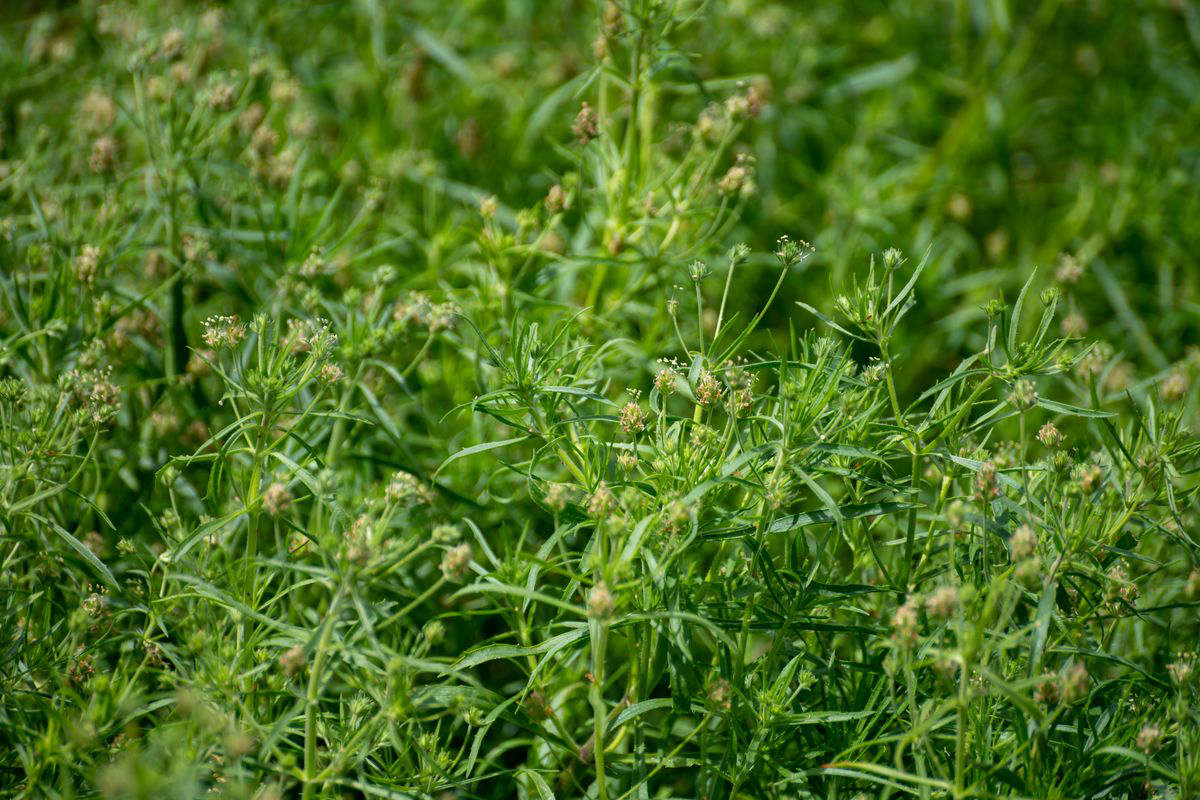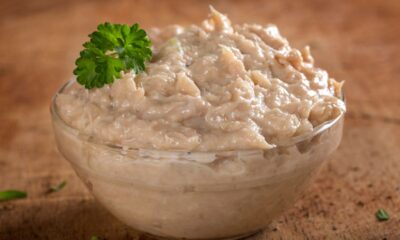Health
What is psyllium and what is it for: all about the plant rich in mucilage

What is psyllium used for? Let's find out all the properties, uses and contraindications to keep in mind.
A plant used since ancient times both in the kitchen and as a natural remedy, psyllium is a valid ally for people suffering from constipation. It can also be taken by pregnant women and children, but there are still some contraindications to keep in mind. Let's find out all the properties and uses.
Psyllium: properties and benefits
Psyllium is an annual perennial medicinal plant belonging to the Plantaginaceae family, which has whitish and small flowers, collected in stalked ears. The fruit, on the other hand, is a kind of capsule that encloses two shiny, smooth and small seeds that are tasteless and odorless. With emollient, soothing, laxative and anti-inflammatory properties, psyllium seeds are used as a natural remedy. It is recommended in case of intestinal inflammation, irritable bowel syndrome, constipation and to reduce blood sugar, cholesterol and triglyceride levels.
The seeds of this plant are rich in mucilages , lipids, iridoids and alkaloids. On the market there are both whole seeds and the so-called peels. Not only that, psyllium fiber, i.e. ground seeds, is also available. Whichever product you choose, this natural remedy is protective of the mucous membranes and produces a gel that increases the fecal mass, softening the feces.
Therefore, it is not only recommended for constipation, but also against hemorrhoids and anal fissures. It is also effective in case of diarrhea because it is able to absorb excess liquids. Finally, the prebiotic virtues should not be underestimated, given that it is able to promote the growth of good bacterial flora.
View this post on Instagram
Psyllium: the contraindications
Psyllium, therefore, is not only indicated for combating constipation. If you don't want to use it as a natural remedy, both the seeds and the powder are useful in the kitchen , as a thickener in soups or smoothies. As for the uses, these depend above all on the benefits to be obtained. Generally, the dose ranges from 10 to 30 grams per day.
In terms of contraindications , psyllium should never be taken by people suffering from hypertension, heart failure, kidney failure, intestinal obstructions, digestive tract lesions, ulcers and other gastrointestinal problems. Also be careful if you take insulin or have vitamin or mineral deficiencies.
Riproduzione riservata © - WT











